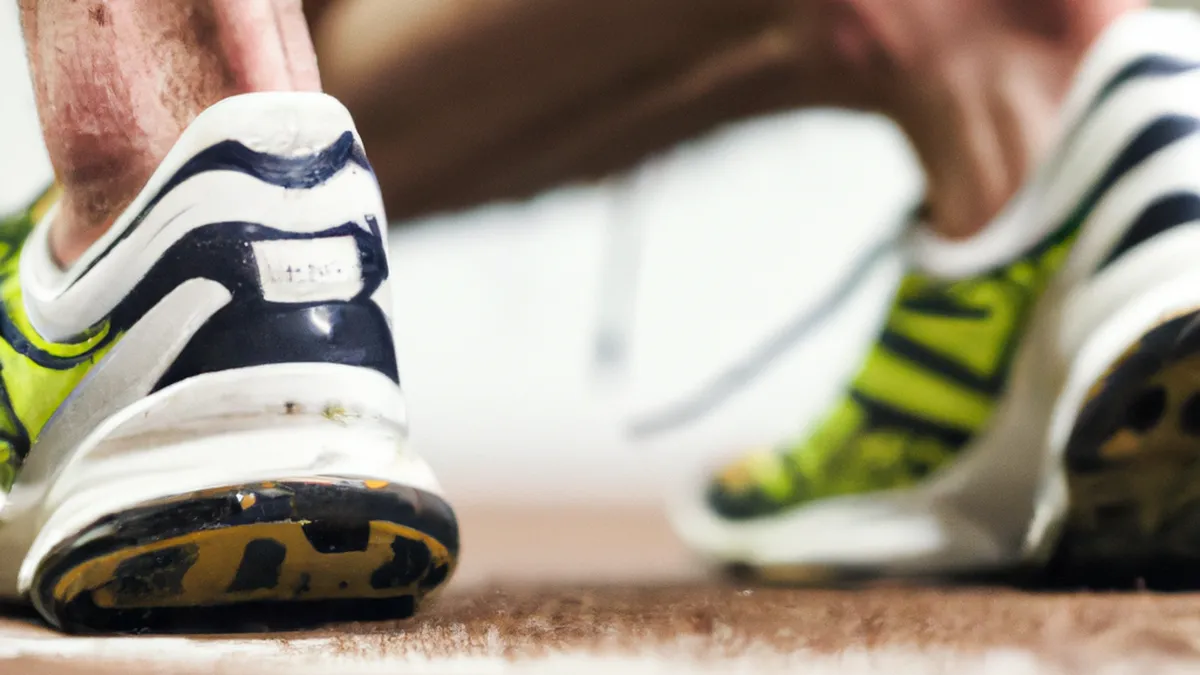Dig Deep: Mental Skills for Recovery
Building Mental Resilience Post-InjuryInjuries disrupt lives unexpectedly. Physical pain often triggers emotional struggles, creating overwhelming challenges. Building mental resilience after an injury is vital for recovery. It helps you regain control and rebuild confidence. This post explores effective tips and strategies to foster mental strength during healing.
Understanding Mental Resilience
Mental resilience means adapting and bouncing back from adversity. It involves developing skills to manage stress and challenges effectively. After an injury, you may feel vulnerable, frustrated, and uncertain. Resilience enables you to face challenges positively. It helps you cope with stress, manage emotions, and maintain motivation, essential for recovery.
Acknowledge Your Feelings
Acknowledge your feelings as the first step to resilience. You may experience frustration, sadness, anger, and fear after an injury. These emotions are valid and deserve recognition. Allow yourself to feel them fully instead of ignoring them. Journaling your thoughts can clarify feelings and provide insight. Writing helps you process emotions and reflect on your progress.
Set Realistic Goals
Set realistic goals to aid your recovery process. Focus on small, achievable milestones to boost confidence and motivation. For example, aim for short walks or simple exercises recommended by your healthcare provider. Gradually increase distance and activity level as you heal. Celebrate each accomplishment, reinforcing a positive mindset. Remember, recovery is not linear; setbacks may occur but do not define progress.
Stay Connected with Supportive People
As an Amazon Associate I earn from qualifying purchases.
Gear tip: consider cold gel pack, balance board, and mobility loop bands to support this topic.
Connection plays a vital role in recovery and resilience. Surround yourself with supportive friends and family for encouragement and understanding. Share your thoughts and feelings to lighten your emotional burden. Reach out to those who can offer practical help or simply listen.Consider joining a support group. Engaging with others who have experienced similar injuries fosters belonging and community. Learn from their experiences, share coping strategies, and find comfort in knowing you’re not alone. Mutual support can motivate and help maintain a positive outlook during recovery.
Practice Mindfulness and Relaxation Techniques
Mindfulness techniques can significantly reduce stress and anxiety. Practices such as meditation and deep breathing improve emotional well-being.
Conclusion
Building mental resilience after injury is crucial for recovery. Acknowledge feelings, set realistic goals, connect with supportive people, and practice mindfulness. These strategies can enhance your healing journey.
Below are related products based on this post:
FAQ
What is mental resilience?
Mental resilience refers to the ability to adapt and recover from adversity. It involves developing skills to effectively manage stress and challenges, enabling individuals to cope positively with difficult situations, especially after experiencing an injury.
How can I acknowledge my feelings post-injury?
Acknowledging your feelings is essential for building resilience. Allow yourself to fully experience emotions such as frustration, sadness, and fear, as these feelings are valid. Journaling can help you process these emotions and gain clarity about your recovery journey.
Why is staying connected with supportive people important?
Staying connected with supportive friends and family plays a crucial role in recovery. These connections provide encouragement and understanding, helping to lighten your emotional burden. Engaging with a support group can also foster a sense of community and shared experiences, which can enhance motivation and positivity during the healing process.















Post Comment